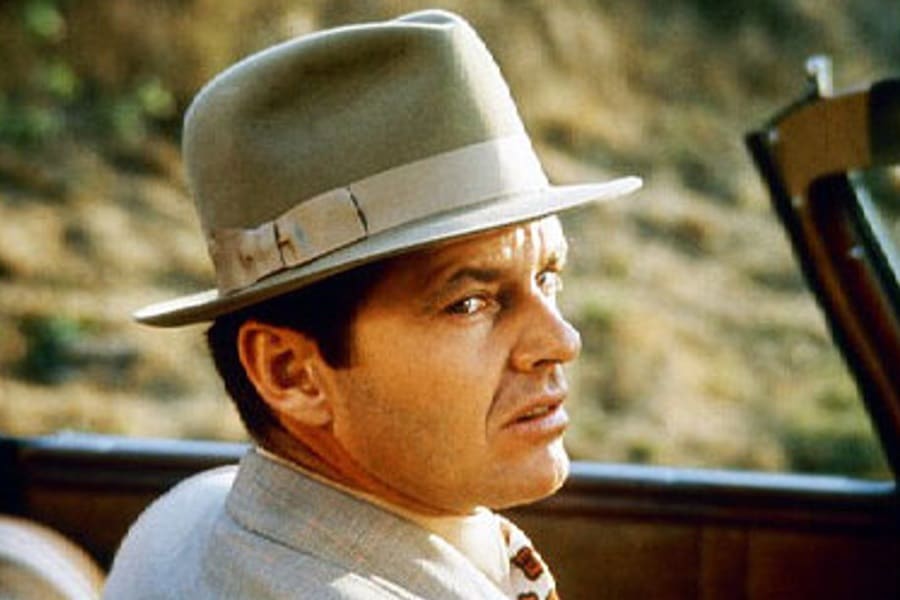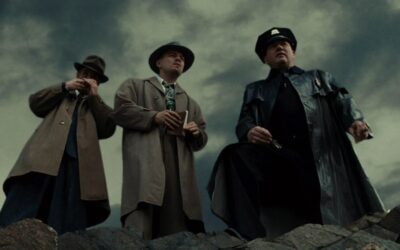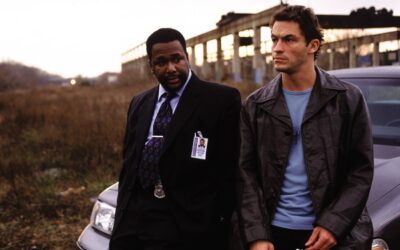
Cold Cases
The world of crime and mystery holds a particularly enigmatic place in the hearts of many, where the allure of unsolved cases stirs a blend of intrigue and frustration. Cold cases, both in reality and fiction, present a labyrinth of challenges that often defy resolution, leaving investigators and armchair detectives alike pondering the perplexing question: why are these cases so notoriously difficult to solve?
At the heart of every cold case lies a trail gone cold; evidence that has either disappeared or was never found, witnesses whose memories have faded, and leads that have reached dead ends. In fiction, these elements craft a compelling narrative, drawing readers and viewers into a world of suspense and uncertainty. Take, for instance, Raymond Chandler’s ‘The Big Sleep’ and Dashiell Hammett’s ‘The Maltese Falcon’, classic examples of hardboiled detective fiction. These stories encapsulate the essence of cold cases in a fictional setting, where the protagonists navigate through a web of deceit, red herrings, and dead-end clues.
Contrastingly, in non-fiction, the stakes are undeniably higher. Real lives, real families, and real emotions are involved. Books like ‘I’ll Be Gone in the Dark’ by Michelle McNamara delve into true crime cold cases, offering a haunting glimpse into the relentless pursuit of justice against all odds. McNamara’s dedication to the Golden State Killer case, filled with years of meticulous research and dogged determination, mirrors the real-world challenges faced by law enforcement agencies. The intertwining of time’s passing, fading evidence, and changing technologies makes the journey toward solving these cases a Herculean task.
Screen adaptations also play a pivotal role in portraying the complexities of cold cases. Series like ‘True Detective’, excluding its Southern Gothic elements, offers a raw and gritty portrayal of the psychological toll these cases take on investigators. Similarly, ‘Broadchurch’, a British series, showcases the ripple effects of crime on small communities and the intricate process of piecing together long-forgotten clues.
The genre of crime fiction is vast and diverse, extending beyond the realms of Nordic and Southern Noir. For instance, the Neo-Noir genre, as seen in films like ‘Chinatown’, provides a modern take on the classic noir, integrating contemporary themes and settings while maintaining the core elements of mystery and moral ambiguity. Likewise, in literature, authors like Walter Mosley and his ‘Easy Rawlins’ series, set in post-war Los Angeles, offer a perspective rich in cultural and historical context, adding another layer of complexity to the traditional noir narrative.
The allure of cold cases in fiction often lies in their resolution – the final revelation, the unmasking of the perpetrator, and the restoration of order. However, in real life, such resolutions are rare. The ambiguity and unresolved nature of real cold cases serve as a stark reminder of the limitations of justice and the fallibility of human endeavor. These unsolved mysteries are a testament to the complexity of crime and the often-inevitable passage of time that buries secrets deep within its folds.
The fascination with cold cases, both in fiction and non-fiction, is also a reflection of the human desire to seek answers, to make sense of the senseless, and to bring closure to the unresolved. This fascination drives writers, filmmakers, and investigators to keep exploring these dark and often forgotten corners of human experience.
Moreover, the evolution of technology and forensic science has brought a new dimension to solving cold cases. In recent years, advancements in DNA analysis and digital forensics have reopened doors once thought permanently closed. This intersection of science and detective work, often highlighted in contemporary crime fiction, offers a glimmer of hope in the seemingly endless quest for answers.
Yet, despite the advancements, the essence of solving cold cases remains grounded in the fundamental aspects of detective work: sifting through evidence, interviewing witnesses, and piecing together the narrative. The process is painstaking and often thankless, yet it remains an integral part of the justice system and a compelling element of crime fiction.
The narrative of cold cases, both in the real world and in fiction, is one of enduring mystery, a puzzle that may never be fully solved. It speaks to the human condition, our fears, and our unyielding quest for truth. Whether through the pages of a novel, the scenes of a film, or the files of a police department, the story of cold cases continues to captivate and challenge, remaining an enigmatic and ever-present aspect of the crime genre.
More Crime Features
Literary Crime
Where Depth Meets Deceit
Criminal Fashion
Iconic Outfits and Styles in Crime Fiction
Ethics in Crime Fiction
Exploring Morality in Law and Order



